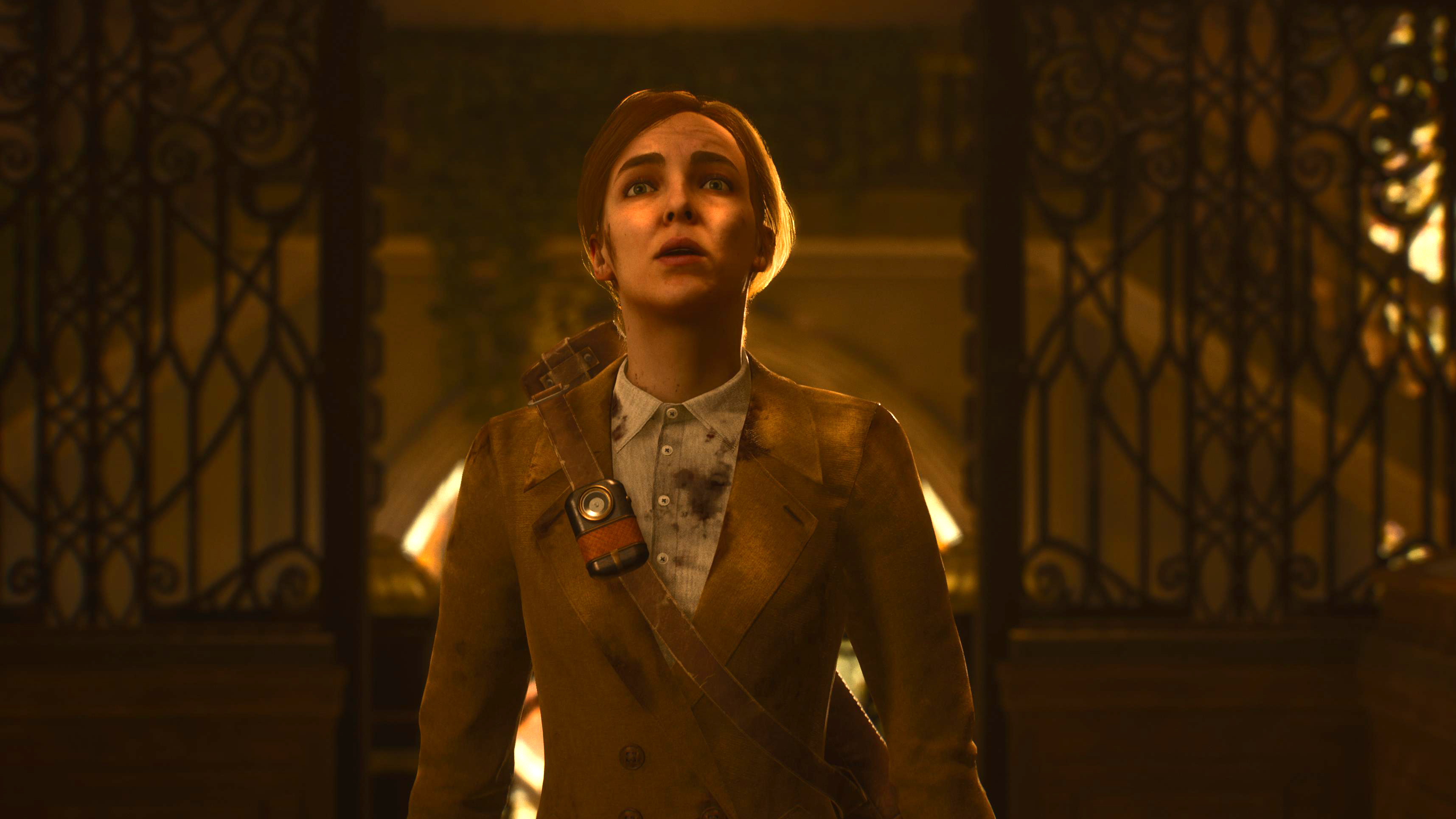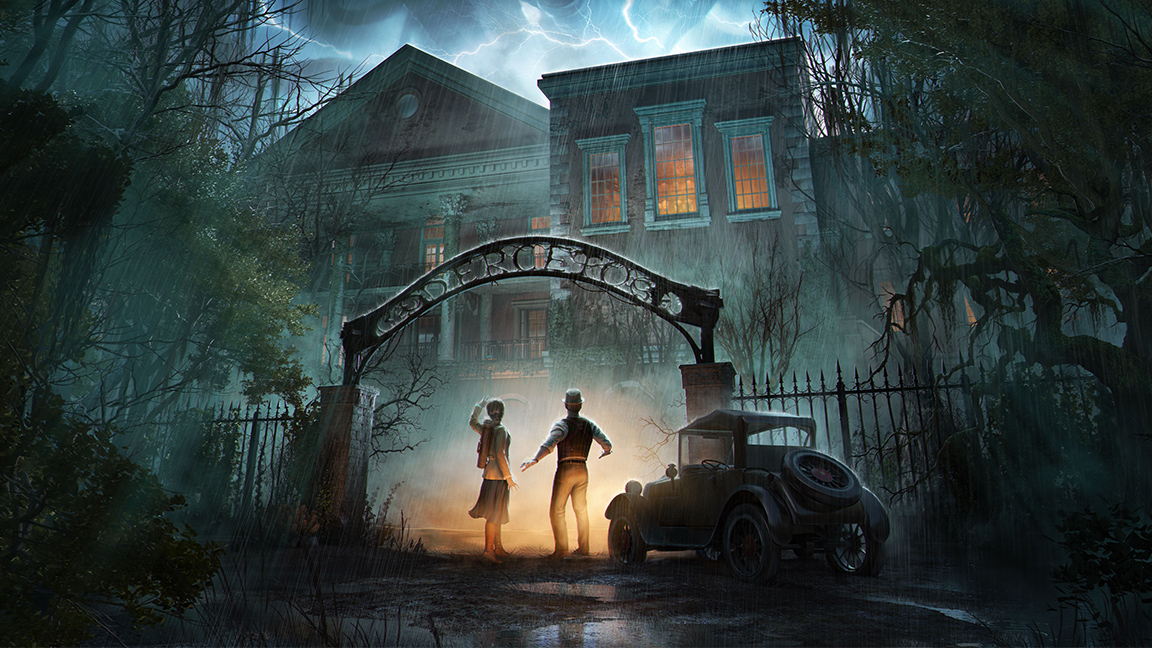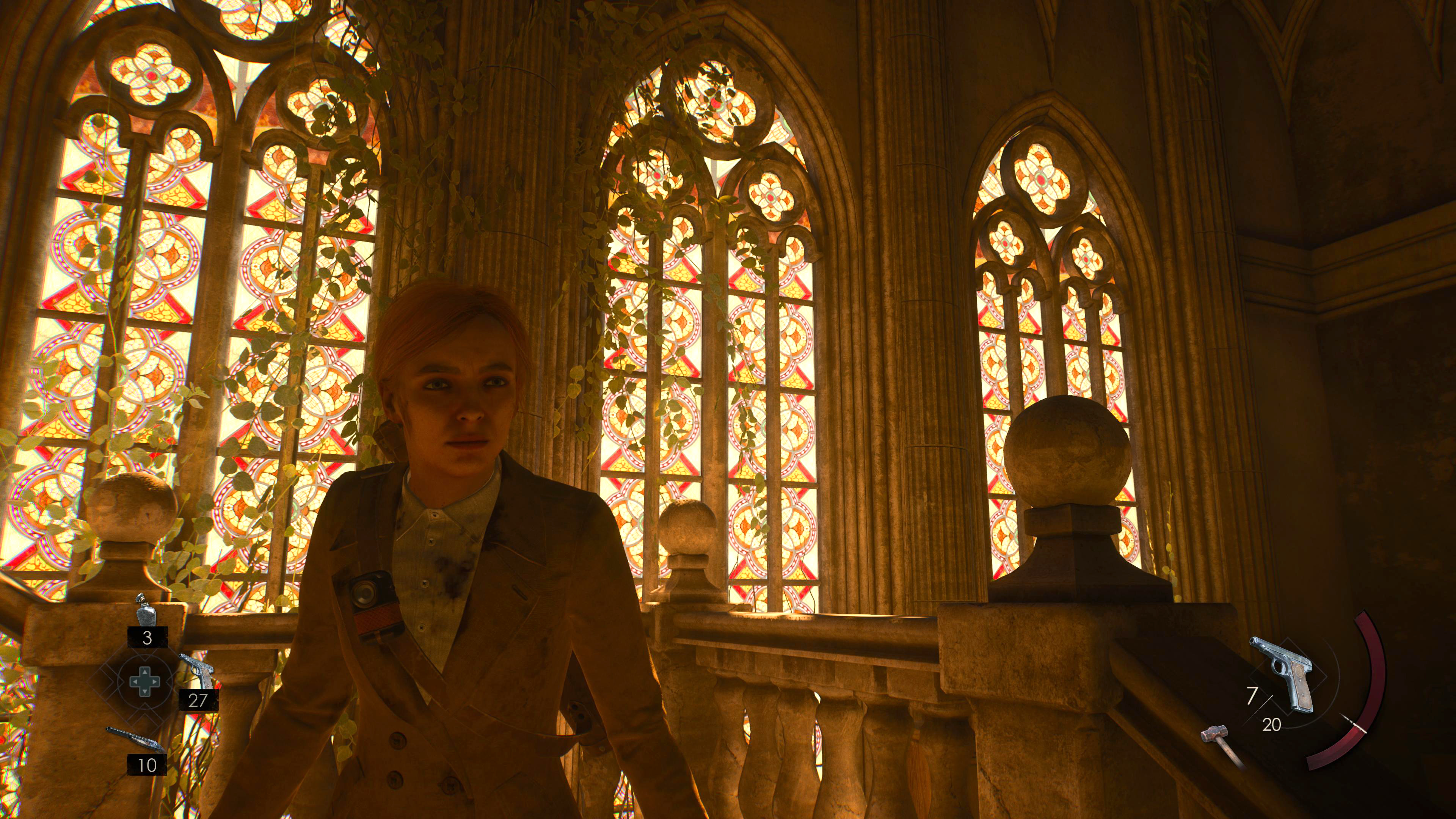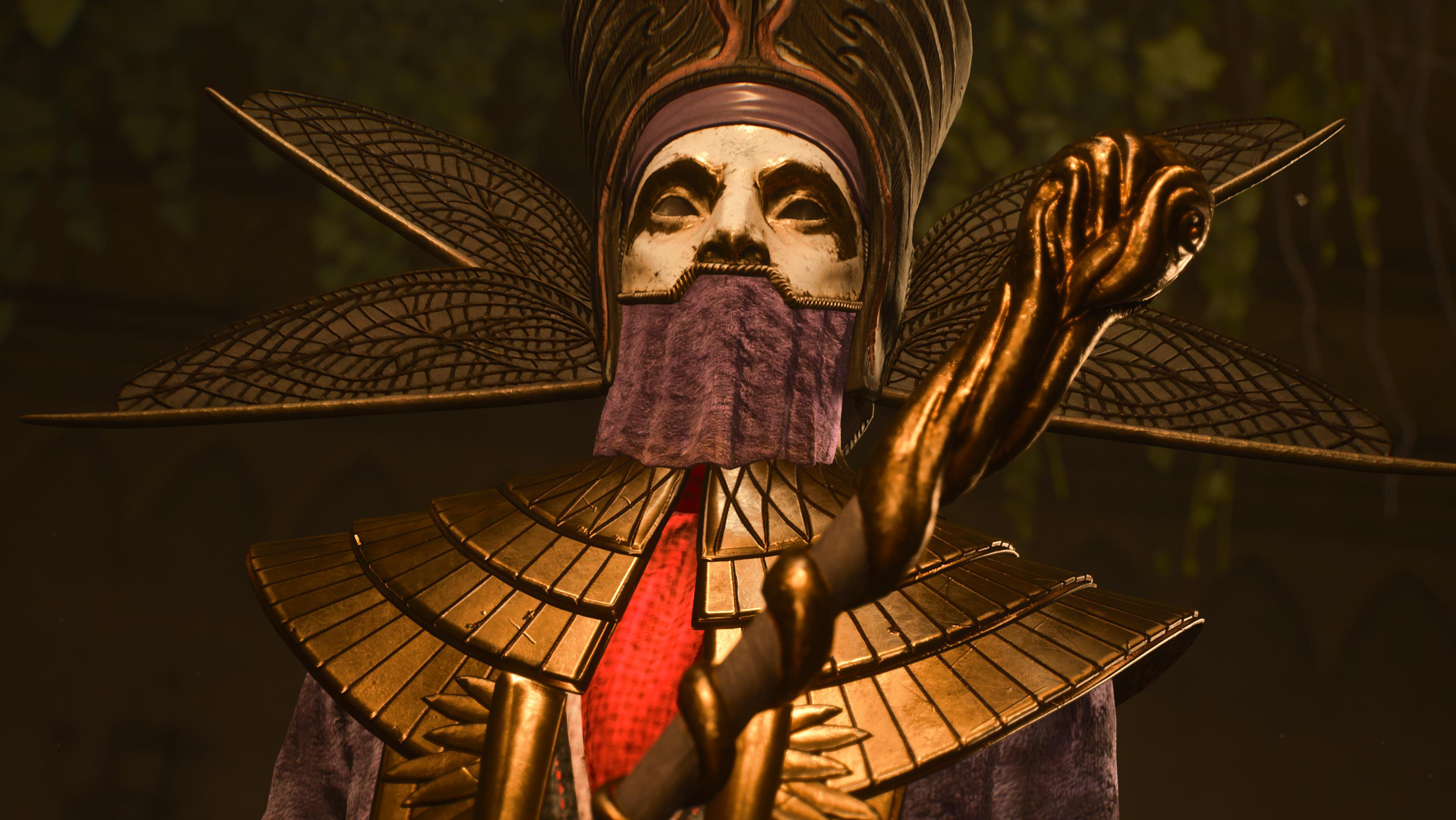Alone in the Dark has an unnerving "storm of cosmic darkness" that freaked me out, here's how it was made

Sign up to Creative Bloq's daily newsletter, which brings you the latest news and inspiration from the worlds of art, design and technology.
You are now subscribed
Your newsletter sign-up was successful
Want to add more newsletters?

Five times a week
CreativeBloq
Sign up to Creative Bloq's daily newsletter, which brings you the latest news and inspiration from the worlds of art, design and technology.

Once a week
By Design
Sign up to Creative Bloq's daily newsletter, which brings you the latest news and inspiration from the worlds of art, design and technology.

Once a week
State of the Art
Sign up to Creative Bloq's daily newsletter, which brings you the latest news and inspiration from the worlds of art, design and technology.

Seasonal (around events)
Brand Impact Awards
Sign up to Creative Bloq's daily newsletter, which brings you the latest news and inspiration from the worlds of art, design and technology.

Publisher THQ Nordic
Developer Pieces Interactive
Platform Unreal Engine 4
Formats PS5, Xbox Series X/S, PC
Price £49.99
Release 20 March
New horror game Alone in the Dark is out now and I've played through it five times already - you can read my review where I highlight the good and the bad of this new game. Despite having plenty of issues, there's one moment that continues to shock me every time I reach it. This isn't a lazy jump scare but a wonderfully curated set-piece event that introduces the game's central villain, the Dark Man, with a bang.
Alone in the Dark is a reimagining of the cult horror video game of the same name that released in 1992. Developer Pieces Interactive uses Unreal Engine to bring to life the Lovecraftian nightmare with greater realism. It has released on all the best games consoles and PC, but let me take you through how this one startling encounter was made.
I don't want to give too much away, but this encounter midway into the game's story is an unnerving, cat-and-mouse chase around a crumbling monastery created as a "storm event," describes Rikard Ryberg, with the Dark Man at its centre. The art director adds, "The contrast was meant to provide a sense of drama and the surreal".

What makes this moment so startling is the juxtaposition of a sun-dappled serene space that becomes an unsettling smokey nightmare enhanced by a thunderous audio score.
Rikard Ryberg tells me this moment started with a narrative idea from creative director Mikael Hedberg. "He had this idea that the player will visit an old 1500s-like monastery in the mountains. After a few talks we decided on going for a very serene feel, almost heaven like," he says.
Everything being in a big mess, overgrown and dusty adds to the ancient look as well as being narratively symbolic
Art director, Rikard Ryberg
"The library level itself went through a lot of iterations because of the level design and gameplay, but the theme and mood stayed intact throughout the whole development," explains Rikard. "The feel of having something very epic and beautiful yet worn is portrayed through light stone materials, high cathedral-like windows and rich mahogany gold inlaid furniture. Everything being in a big mess, overgrown and dusty adds to the ancient look as well as being narratively symbolic."
Alone in the Dark is built on the older Unreal Engine 4, but the team has managed to eke out some impressive results. Rikard tells me the impressive lighting in this scene is created from direct lighting and baked lightmaps, in conjunction with post processing and volumetrics.
Sign up to Creative Bloq's daily newsletter, which brings you the latest news and inspiration from the worlds of art, design and technology.
"The smoke is animated sprite sheets in a Niagara effect. The darkness is a combination of a few post-process effects that uses the Dark Man's position as a centre for the effects," adds the art director.
Alone in the Dark's audio nightmare
Árni Bergur Zoëga, main composer and sound designer for Alone in the Dark, talks me through how the audio was crafted for this section of the game. The Convent of Taroella is a very different area of the game to the American Gothic, dark and drab rooms of the game's manor house. Árni describes it as being "akin to a mountain range atop a sprawling rainforest" and sound is key to making this space feel unique.
"Entering the Convent Library I wanted to keep the sound design very quiet and minimal to instil a sense of serenity and timelessness, the player's footsteps echoing through its ancient halls," says Árni.
He explains a little more: "As we reveal the heart of the library with its beautiful visuals a music cue gently breaks the silence. This is the first time we hear the Dark Man's theme in its most undiluted form (a very central theme that has been hinted at throughout many of the earlier moments of the game). This is one of the quietest sections in the whole game which I intended to use as a counterpoint to what comes next."

He adds: "The arrival of the Dark Man is intended to be shocking, majestic, and overwhelming. The music should make you panic and run. On top of some stress-inducing percussion I used a lot of deep and scratchy brass instruments that act as waves upon waves of overwhelming force trying to drag you down into the abyss while strings and metallic surfaces screech and claw in unrecognisable patterns.
Árni explains how he made use of reverb, delay, and panning to impart a "cosmic feeling to the music". Beyond this he created a sound system that works dynamically together with the visual and gameplay systems of the encounter to heighten the tension.
Rikard sums up the encounter as making you "feel like being swallowed by a storm of cosmic darkness". He adds: "Being too close, or looking directly at him for too long will cause the droning and crackling sounds of his presence to overtake the soundscape completely so that no other sounds can penetrate. When his presence overtakes you there is nothing but he and you, and his relentless dark storm.

Ian Dean is Editor, Digital Arts & 3D at Creative Bloq, and the former editor of many leading magazines. These titles included ImagineFX, 3D World and video game titles Play and Official PlayStation Magazine. Ian launched Xbox magazine X360 and edited PlayStation World. For Creative Bloq, Ian combines his experiences to bring the latest news on digital art, VFX and video games and tech, and in his spare time he doodles in Procreate, ArtRage, and Rebelle while finding time to play Xbox and PS5.
